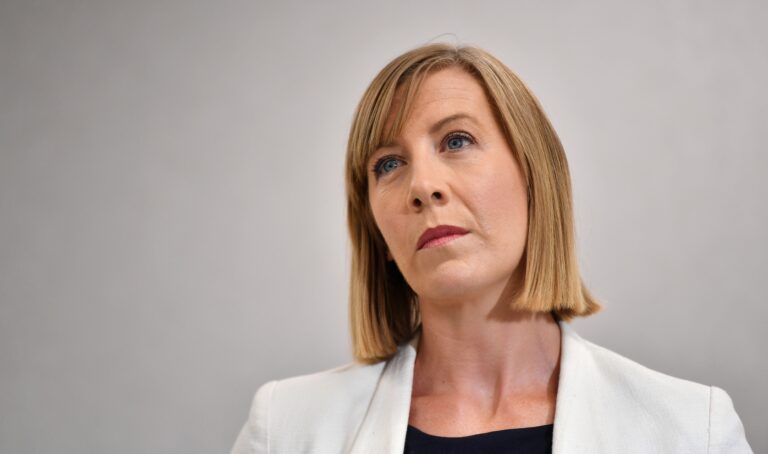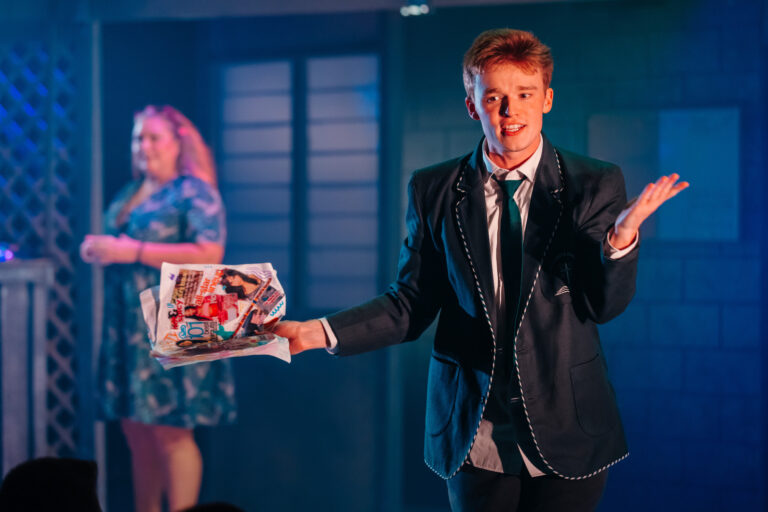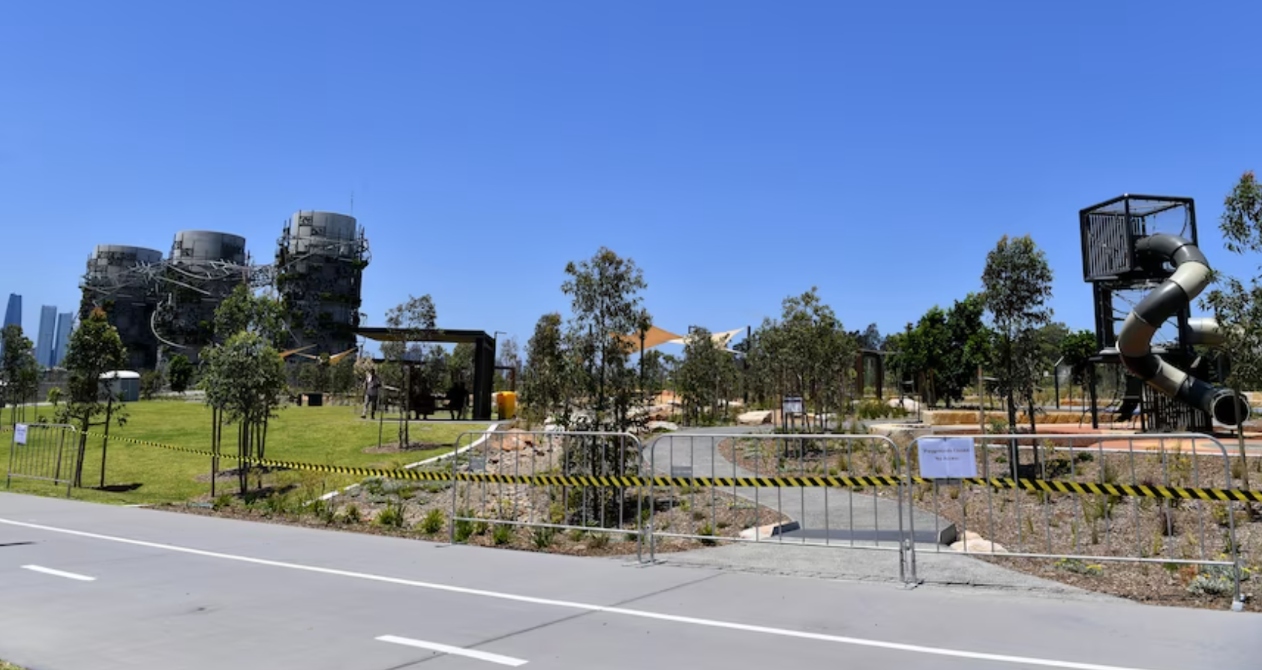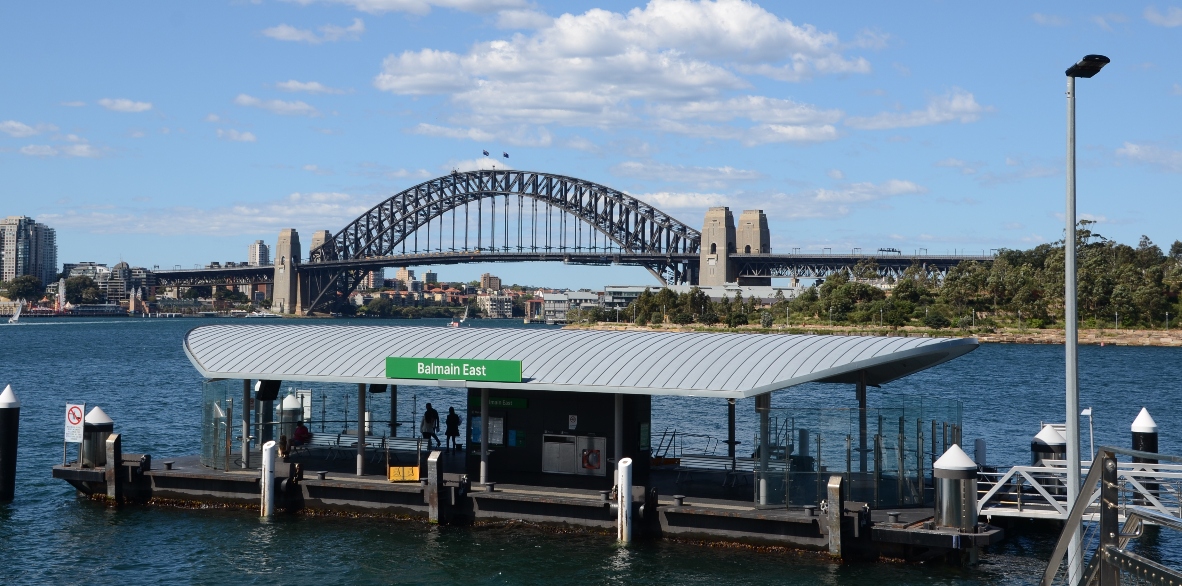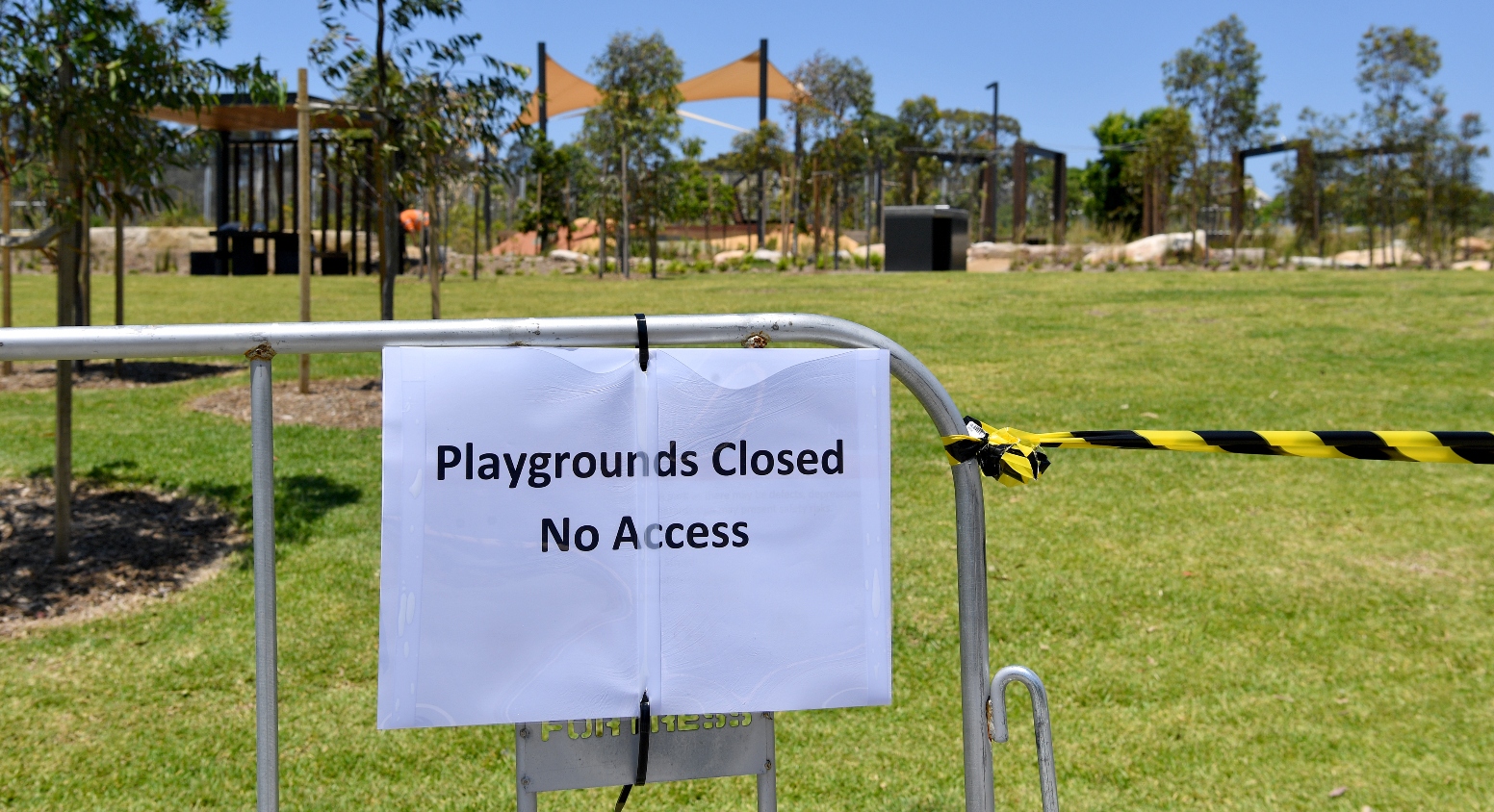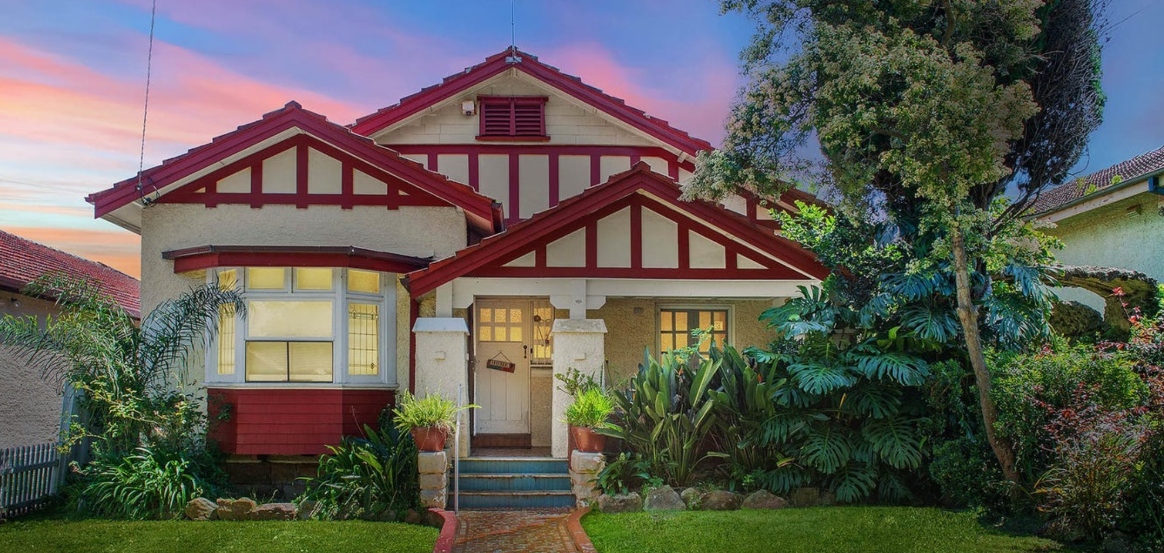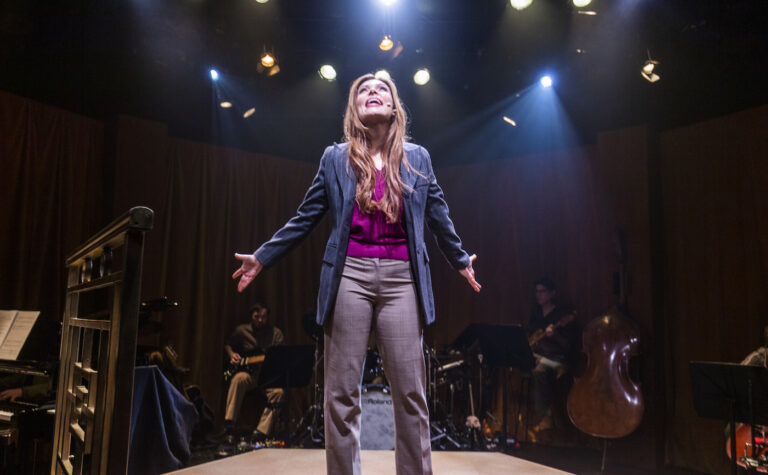
From Leichhardt to Palestine, helping kids learn

In the inner west of Sydney, preschool education is something we take entirely for granted. Even when facilities are stretched, children will always find accommodation.
Not so in the territories of Palestine, where even basic needs are insecure. Since 2007, the Leichhardt Friends of Hebron association has been raising funds for preschools in the Hebron area, the largest city in the West Bank.
Jennifer Killen, a teacher and spokesperson for the organisation, said Hebron is an area where Israel’s occupation makes conditions especially difficult for Palestinians.
“People can’t use their cars, people can’t walk between their homes and the mosque without being stopped, because of the checkpoint,” she said.
Electricity grids and water mains destined for illegal Israeli settlements can’t be accessed by Palestinians, Ms Killen says.
“It’s not that they can’t build houses but that if they do build houses, the homes are demolished by the Israeli military.”
The Friends have contributed significant funding to the construction of three preschools; two in isolated villages in the Hebron hills and one in the city proper.
The renovation of one kindergarten, in the village of Umm al-Khair south of Hebron, was a joint project using funds from the Friends, the Shalom-Salaam trust in the UK, Israeli charity The Villages Group and the United Nations.
The group will be raising money for at a trivia night this Friday, January 31, at the Gumbramorra Hall at the Addison Road Community Centre. The funds will provide support to the Shuhada Street Kindergarten in Hebron, as well as future projects.
Trivia will be supplemented with a Middle Eastern feast, aeronautical origami and the entertainment of two illustrious hosts, Jane Caro and Candy Royalle. Ms Caro is an education commentator, author and marketer; Ms Royalle is a performance artist and poet who teaches high school workshops in spoken word and poetry.
“You couldn’t get a weirder pair, let’s be frank,” Ms Caro joked.
For Ms Royalle, the event has personal implications. She is part-Palestinian by background: her father’s family fled to Lebanon as refugees during the occupation, her father later moved to Australia. But she says the most important reason for her participation is the universal importance of education.
“Education is something that should be freely available to everyone no matter who they are or where they come from, so this is a very important event…to show people that these things aren’t readily available in Palestine,” Ms Royalle said.
Ms Caro, who has campaigned for and written about education reform in Australia including the “Gonski” funding model, echoed those sentiments.
“Education and opportunities for children, regardless of where they live, regardless of who their parents are, regardless of any of that, is just a human right, it’s something that all civilized societies should offer.”
Nahed Odeh moved to Australia on a PhD scholarship two years ago. Her 13-year-old son Amr wears a t-shirt emblazoned with the famous cartoon character Handala, a refugee child who faces away toward Palestine.
Amr says he hasn’t decided what he wants to do in life but his mother says he has his sights set on becoming President of the Palestinian Legislative Council. Amr knows the path begins in the classroom.
“All kids have to go to school because everyone deserves an education,” he says.
Ms Killen said a basic problem for children in Palestine is safe travel to and from school. She tells of incidences where preschoolers have been verbally and physically abused by settlers on their way to class. It does little to encourage a lifetime of education.
“As a high school teacher, I will tell you that the preschool teacher is the most impoortant – then the kindergarten teacher and the year one teacher,” Ms Killen said.
“We can only build on their foundations – if those foundations aren’t there, high school teachers can’t do much. So this is really important.”
